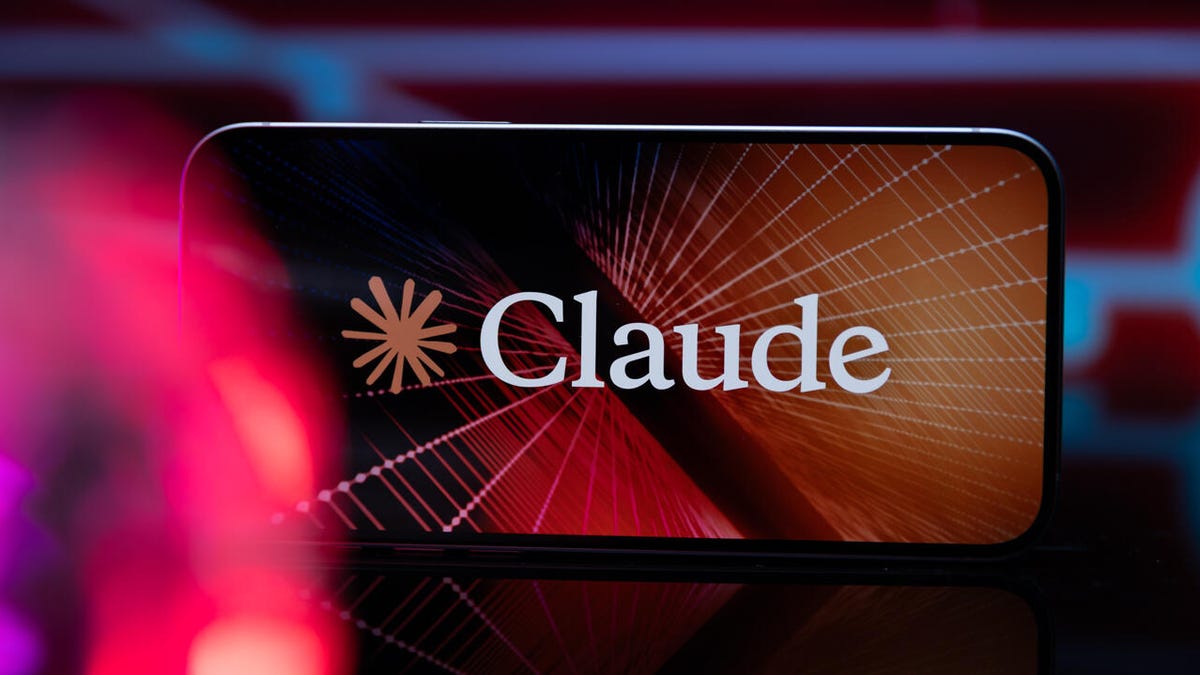A federal judge on Monday ordered the court to slow-roll a proposed $1.5 billion settlement to authors whose copyrighted works Anthropic pirated to train its Claude AI models. Judge William Alsup, of the US District Court for the Northern District of California, said the deal is “nowhere close to complete,” and he will hold off on approving it until more questions are answered.
Alsup’s concerns seem to be around making sure authors have enough notice to join the suit, according to Bloomberg. In class action settlements, members can “get the shaft” once the terms are announced, Alsup said, which is why he wants more information from the parties before approval. Alsup also called out the authors’ attorneys for adding additional lawyers (and their subsequent legal fees) to the case, which they said in court was to deal with settlement claim submissions. Alsup set a deadline of Sept. 15 to submit a final list of works covered by the settlement. If you think your works may qualify as part of the lawsuit, you can learn more on the Bartz settlement website.
Don’t miss any of our unbiased tech content and lab-based reviews. Add CNET as a preferred Google source.
The settlement terms were made public last week, but the agreement has to be approved by the court before any payments can be made. Lawyers for the plaintiffs told CNET at the time that they expected about 500,000 books or works to be included, with an estimated payout of $3,000 per work. This latest move may result in different settlement terms, but it will certainly drag out what has already been a long court case.
The case originated from copyright concerns, an important legal issue for AI companies and creators. Alsup ruled in June that Anthropic’s use of copyrighted material was fair use, meaning it wasn’t illegal, but the way the company obtained the books warranted further scrutiny. In the ruling, it was revealed that Anthropic used shadow libraries like LibGen and then systematically acquired and destroyed thousands of used books to scan into its own digital library. The proposed settlement stems from those piracy claims.
Without significant legislation and regulation, court cases like these have become very important checks on AI companies’ power. Each case influences the next. Two days after Anthropic’s fair use victory, Meta won a similar case. While many AI copyright cases are still winding their way through the courts, Anthropic’s rulings and settlement terms will become an important benchmark for future cases.
Read the full article here


